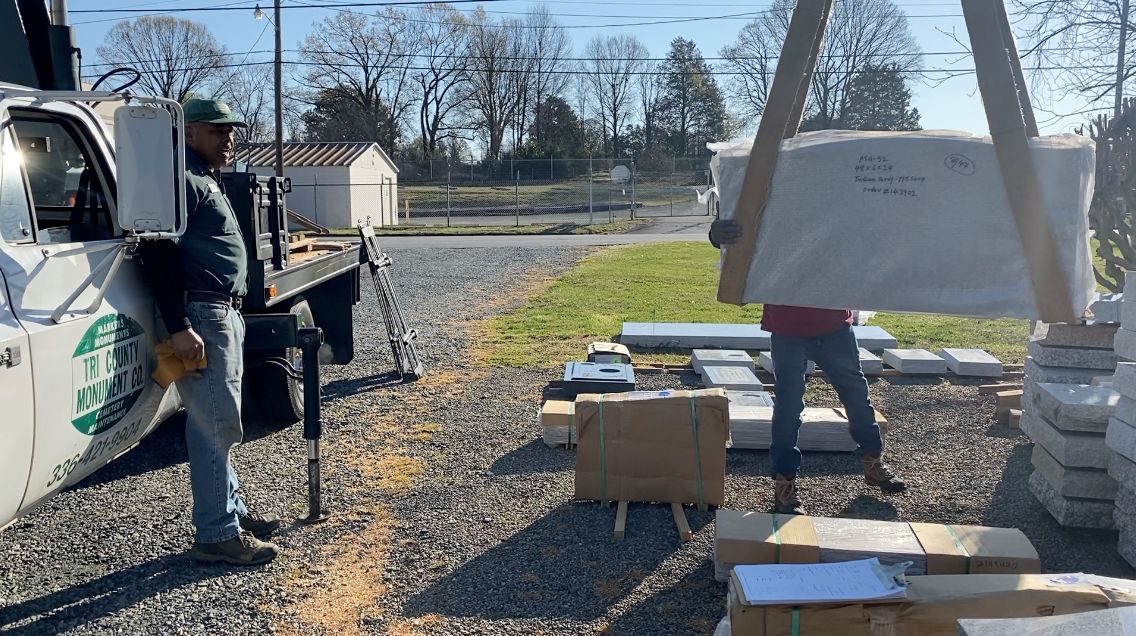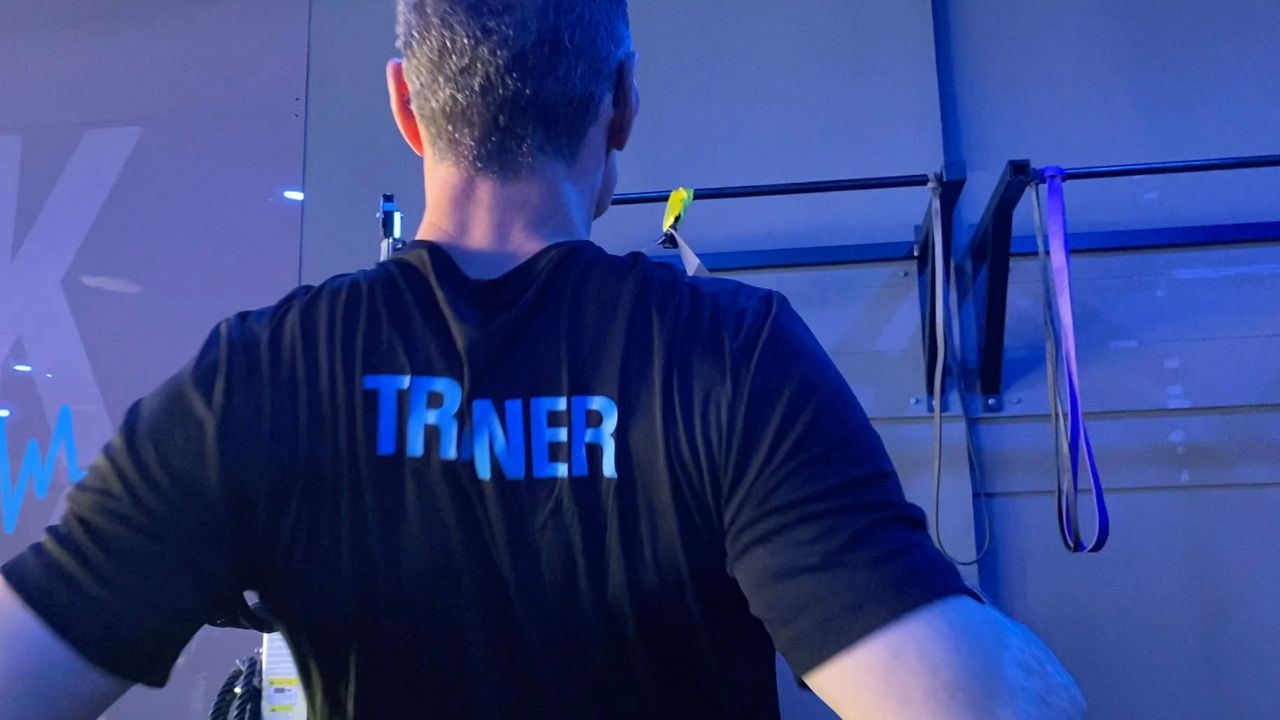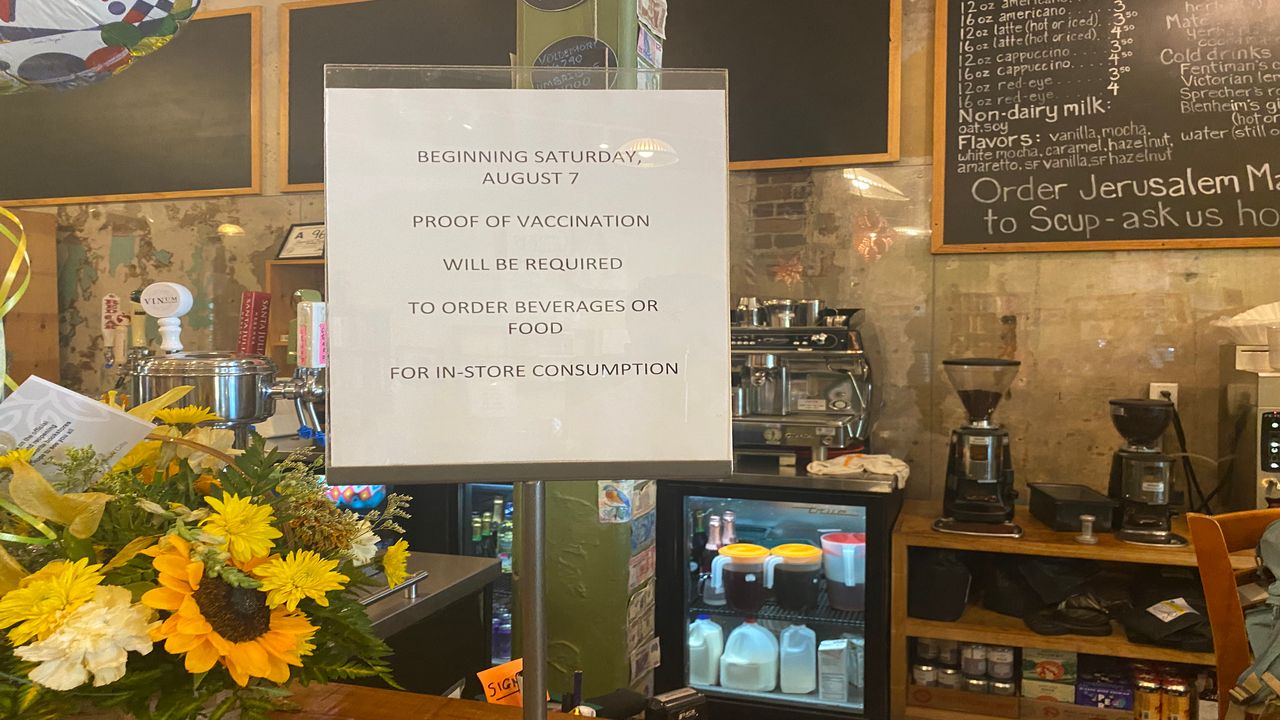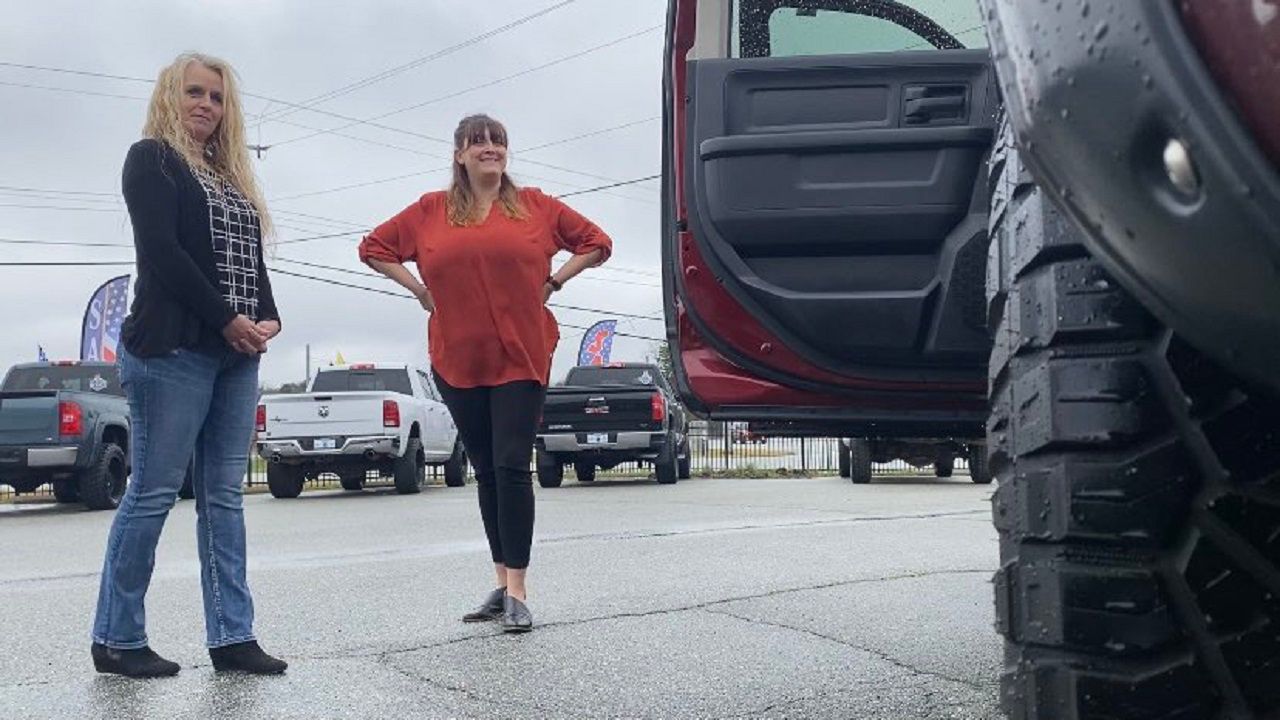GREENSBORO, N.C. — It’s March, and Drew Wofford is taking down Christmas decorations.
It’s the first time Wofford has been at his Greensboro bar in three months.
His bar, Chemistry, is one of hundreds forced to shut their doors when the pandemic hit.
“So many people I guess just look at bars as a deadly contamination zone in the face of a pandemic. They don’t really see any other purpose for bars to be open," Wofford says.
But this isn’t an ordinary bar, it’s a gay bar.
“You find people from all different walks of life. You find a 60-year-old husband who’s been married and have kids. And you could find an 18-year-old college kid who has just turned 18 and is celebrating his first night in a gay bar," he says.
Wofford says gay bars were already shutting their doors even before the virus.
“If you look in the '80s, there were 2,000-plus gay bars in the United States alone, and now there’s less than 1,400 in the entire world. I think that’s both a good and a bad thing. It’s good because the need for the gay bar isn’t as prevalent. Acceptance is becoming more widespread," Wofford says.
He remembers going to his first gay bar in Raleigh over 10 years ago.
“I knew of Legends through first The Front Page... [that turned into] Q-Notes and that was the gay newspaper," he says.
It sparked a passion for being a DJ.
“I don’t think it really clicked when I was reading those magazines that hey, I am interested in gay culture because I’m gay," Wofford says.
And was the start of a new life.
“For me as a gay male, I know that I can go out, and I can let my hair down, and I’m not going to be judged for what I say or what comes out of my mouth if I’m too flamboyant or too gay, so to speak," he says.
His dream of owning a gay bar became a reality in 2012.
A bar that today is in danger of closing for good.
“I opened this place with barely working beer coolers or old ice machines that weren’t working. We opened this place on $20,000, and it’s frightening to think the government could take that away from me with just the stroke of a pen," he says.
Drew says the curfew and capacity limit effectively killed the business.
“I’ve got nine months worth of back rent that I need to come up with. I’ve got power bills, maxed out credit cards," he says.
But it's not about the money. It’s about the safety net bars like his can provide.
“The kid in your class that gets picked on all the time and is called 'queer' or other derogatory terms. After a while, it breaks you down and leads to a lot of unnecessary gay suicides. And that’s why places like this are absolutely crucial because they have some place to go...and they know that they have something out there," he says.










